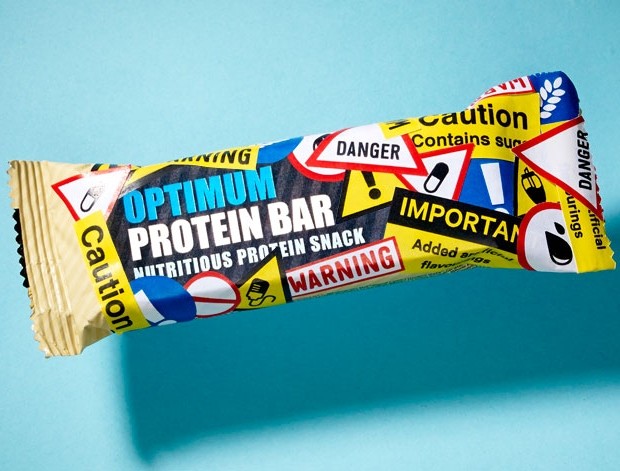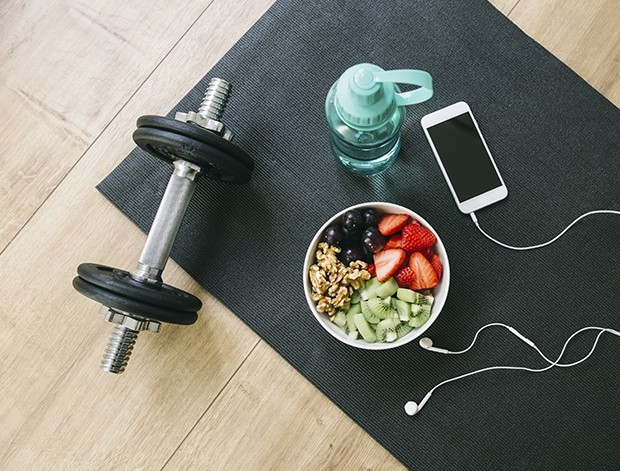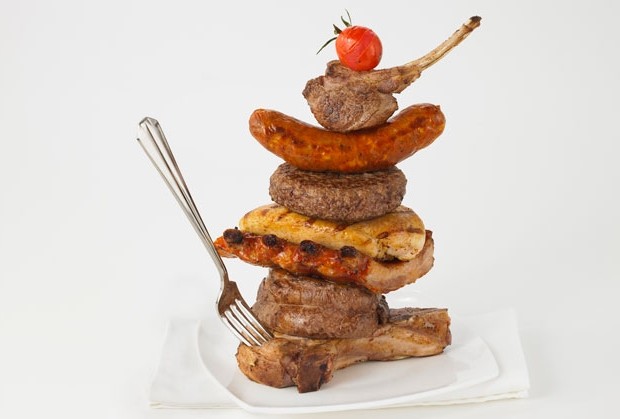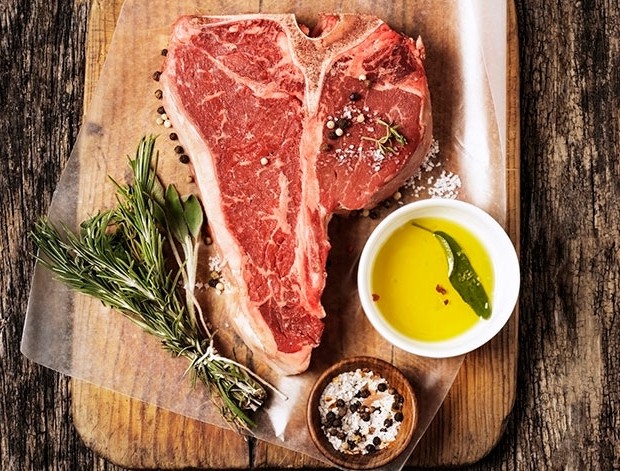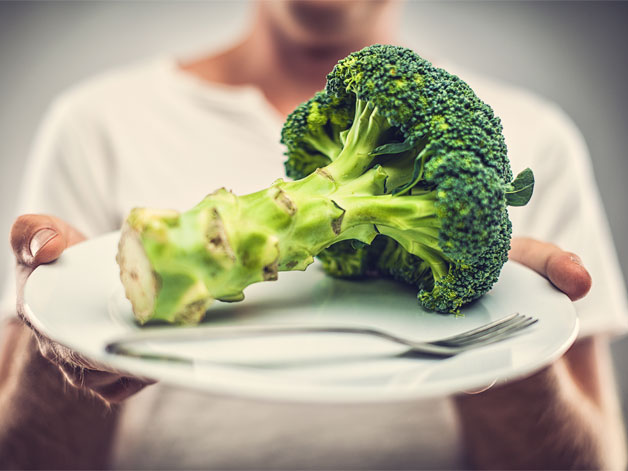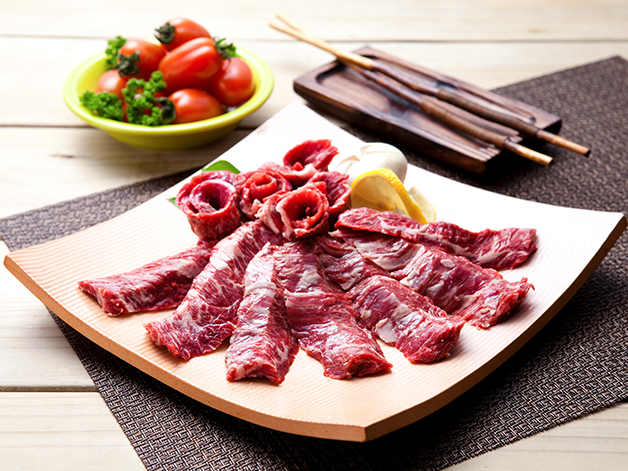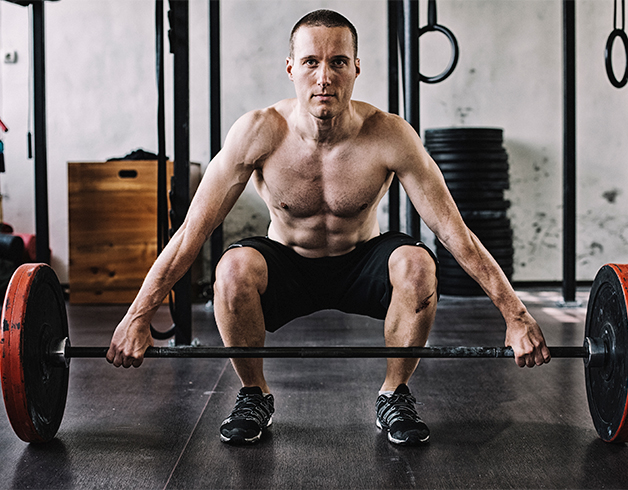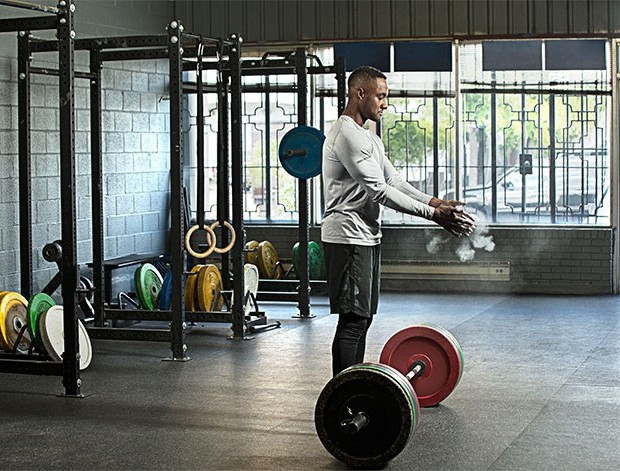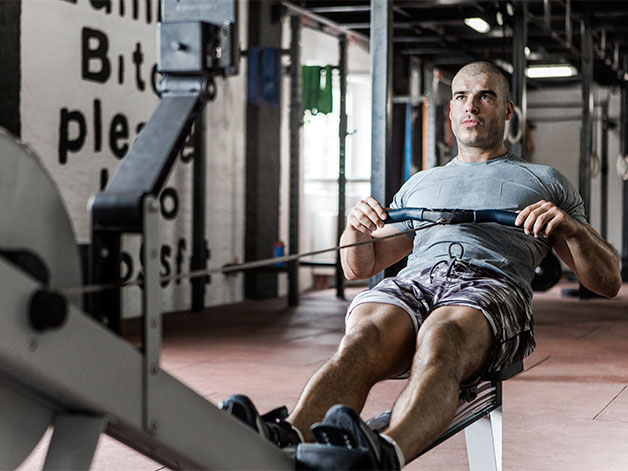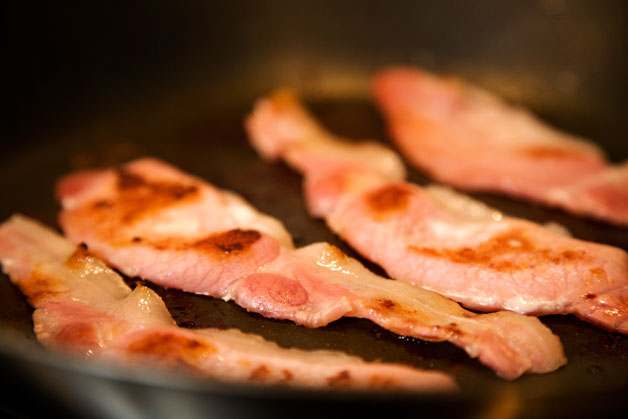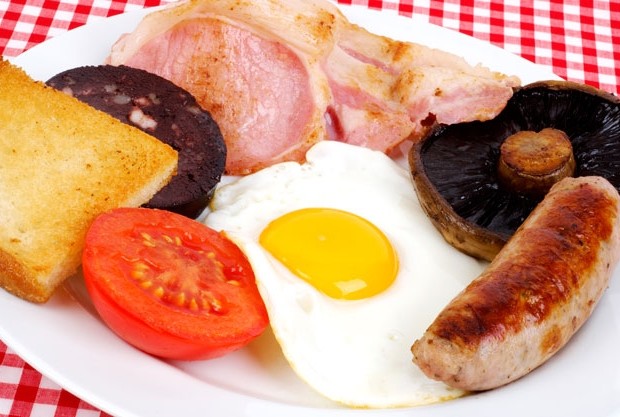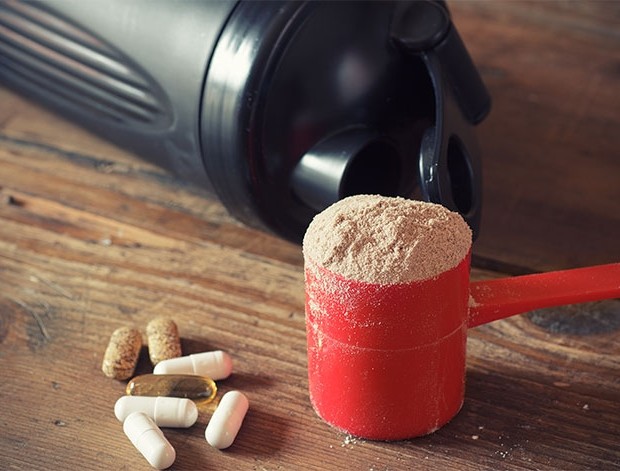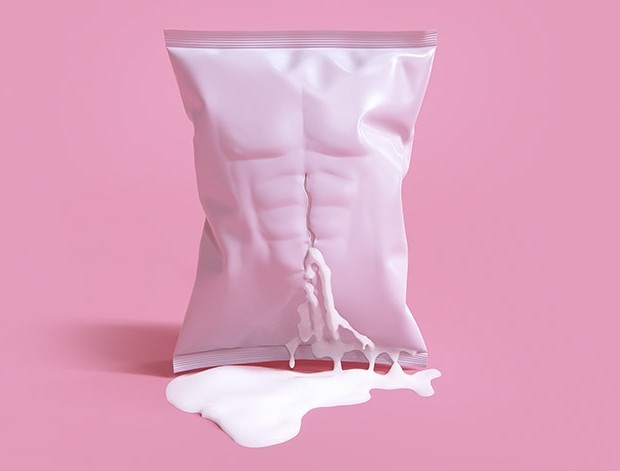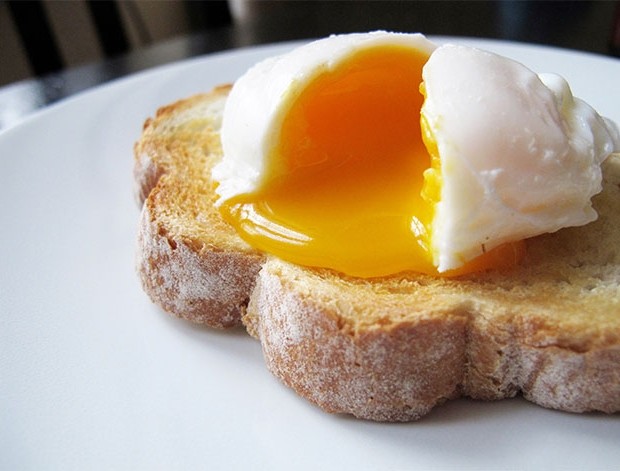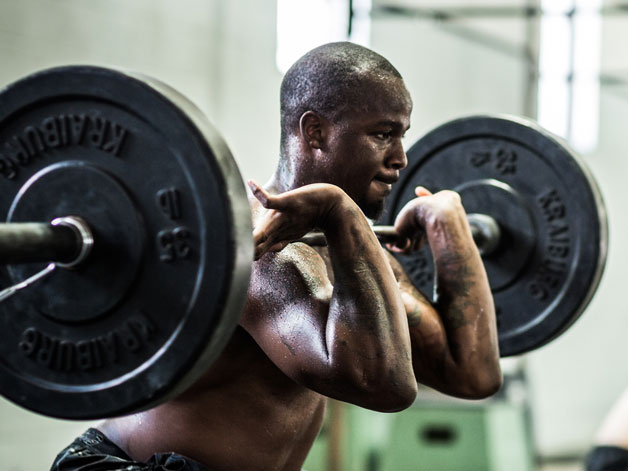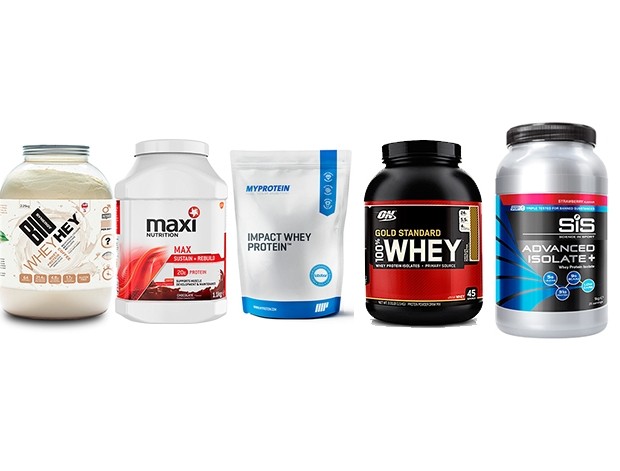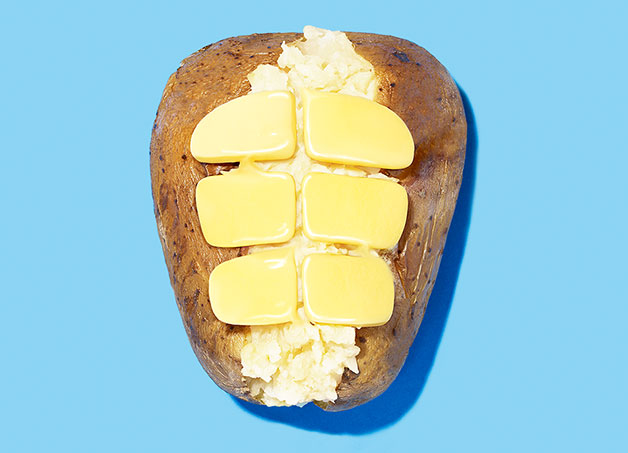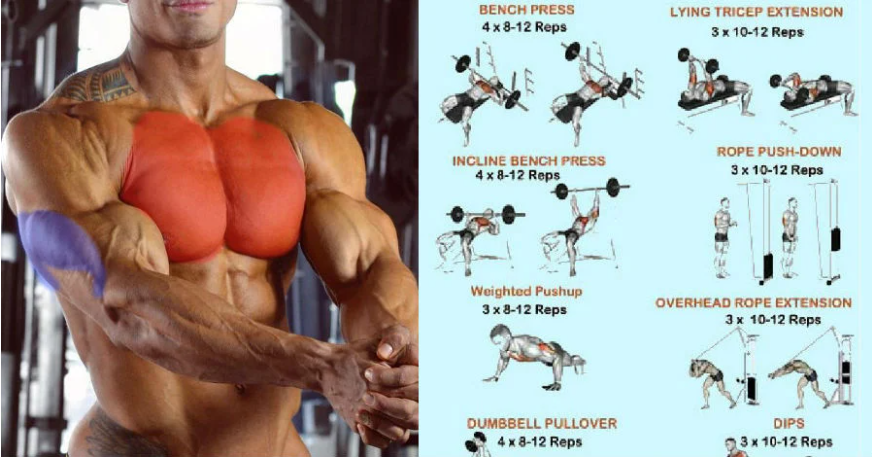Protein shakes: they’re the simplest way to build muscle quickly and shrink your recovery time. But remember, with great amounts of protein comes great responsibility. If you don’t use them with care you’ll hurt those closest to you, namely your arms and abs. And it’s easier than you might think.
A study conducted by the University of Montreal found that three in four professional athletes fail to improve their performance or recovery with the help of protein shakes because they don’t know how to take them properly. Thankfully, MH has the advice to put you ahead of the pros.

You’re overcomplicating things
Got milk? Plus dried fruit and few scoops of almond butter? You’re doing it wrong. “Load up your DIY shake with too many ingredients and you’re going to whack up the calorie count for no extra benefit,” says nutritionist Scott Baptie.
The Fix
It’s simple: opt for some low-sugar ingredients that will help you bulk up your muscle, not belly. But where can you find recipes to shake up your protein plan? Good question: we’ve got some quick-to-make DIY shakes devised by Baptie to help you build muscle all day long. You’re welcome.
You’re selling yourself short
When it comes to protein powder, there’s no such thing as cheap and cheerful. According to Baptie, if your shake contains a concentrate powder with a suspiciously low price and a long shelf life then you’re forking out for something packed with fat and carbs.
The Fix
Isolate protein. It’s a touch more expensive, but when it comes to powder you get what you pay for. “Due to its long refinement processing, isolate will give you a higher quality protein without the unnecessary additives,” says Baptie. Not sure your current shake packs the right punch? Check one scoop of your powder contains at least 20-25 grams of protein, just like this LA Whey Golddoes. Drop below that and you’ll soon notice your wallet shrinking and belly bulging.
You’ve gone two scoops too far
You really can have too much of a good thing. If you’re filling your shopping basket to the brim with chicken and powder tubs then we’ve got some bad news: you’re just going to the additional calories could just be increasing your waist line In fact, trying to copy the diet of professional athletes will only set you up for a career in one sport: sumo wrestling.
The fix
Calculators at the ready: you need 1.6-2.0 grams of protein per kilo of bodyweight per day if you want to bulk up. This means if you’re the UK average of 83kg, you need at least 133 grams of protein each day. Don’t be put off if this sounds like a lot as one chicken breast contains around 30 grams of protein. "This means you can easily consume enough without resorting to supps,” says PT Peter Parasiliti. If you’ve already chowed down a protein-packed chicken salad for lunch and a bulk-up burger for dinner then you've already met you protein requirements.
You’re making a meal of it
There are too many guys who think all protein is created equal and are swapping shake. Don’t be one of them. “It might be quick to take, but a high calorie smoothie is unlikely to fill you up and won’t give you as many nutrients as a proper meal,” says Baptie. “Plus, a full course means your body has to work harder to break down the food so you use up more calories in the digestion process.”
The Fix
If your busy work day makes it too tempting to trade in a meal for a shake then prep your lunchtime the night before. “Focus on things like fish, chicken, turkey, beef for the best protein. They’ve got far more nutrients to keep you full,” says Baptie. That’s right, investing in some foil, tupperware and a Mexican tuna salad is a key step to a chiseled core.
You’re neglecting the little guys
Cheap protein shake powder not only comes with an extra dose of carbs and fats, but also strips away the amino acids vital for muscle growth. Not only will you struggle to add size, you’ll recover more slowly too. That means sore muscles putting the breaks on your performance.
The fix
Keep your eyes peeled for two things: BCAAs and leucine. A quality powder will be jammed with BCAAs (branched-chain amino acids) crucial for growth. And leucine? “It’s is the key acid that stimulates muscle protein synthesis and growth,” says Baptie. “You need 3 grams of leucine to start this process." Always read the label. Don’t think your shake is up to the job? Try a powder like Optimum Nutrition Platinum Hydro Whey that ticks all the amino acid boxes.

You’ve got a one-shake mind
Once you’ve invested in a massive tub of protein powder, it’s only good for shakes, right? Wrong. Constricting yourself to mixing it with milk or water alone means you’re missing out on more muscle building – and tasty – alternatives.
The fix
Add it to your meals to get the protein you need, as well as the nutrients. And the earlier, the better. Research from the University of Missouri-Columbia found adding a scoop to your breakfast porridge or cinnamon pancakes will make you less likely to overeat during the day.
Your timing is all wrong
Before? During? A lot of men are (wrongly) led to believe by Bro Science that as long as the protein is in your system then you're sorted. However, when it comes to supps working out when to take them can be just as important as what you're taking.
The fix
When is the best time for a shake? Within an hour after your workout, says Parasiliti. Because they’re more receptive, this is the time to feed your muscles the fuel they need to repair and recover, leading to faster growth. If you’re looking to prime yourself before a workout then don’t rely on powder, according to Baptie. This rustic spinach and pepper omelette, for instance, will give you the fuel for a full muscle-building session.
Beware intolerance
A lot of protein powders will contain dairy, soy, corn starch, and additives your body may be unfamiliar with or allergic to. Whey is by far the most popular powdered protein and, if you have an issue with dairy, whey will have all the same problems being as it is, a milk derivative. Soy protein isolate can be cheaply obtained and can cause inflammation, nausea and skin conditions. Corn starch has a habit of sending your blood sugar into peaks and troughs. Reading the long and complex ingredients list can be tough going but may just save your workout.
The fix
While you're trying new shakes, keep a record of what you're taking and how you feel, so you can identify the culprit in the event of any unwanted side effects. Try to keep a food diary so you can monitor everything you're consuming. Listen to your body. Allergies make themselves known quickly so be aware of any changes in digestion and complexion.
As Baptie says, "There is still no substitute for hard work, a solid training plan and a proper nutrition routine. Supplements may make a little difference but unless you’ve nailed the first three, it's likely to be an exercise in futility."

